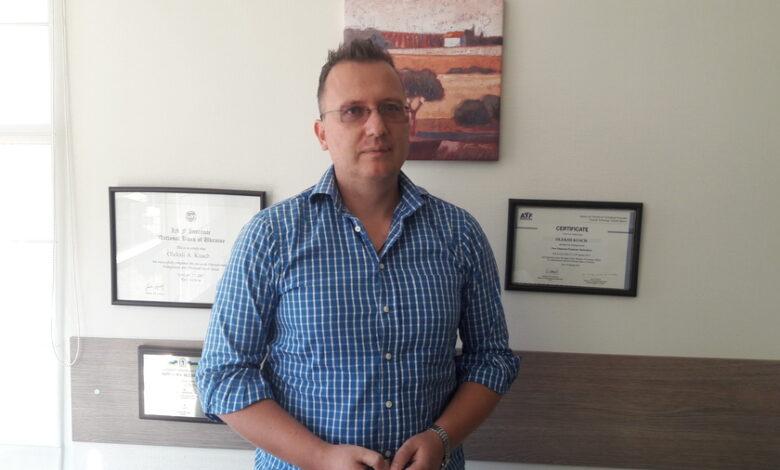Increasing taxes on labor and entrepreneurship is a mistaken path to budget replenishment during the war: Oleksiy Kush.

During the war, the tax policy needs a special balance. The authorities must find sources of filling the budget without destroying entrepreneurship. However, the initiatives of the Tax Committee of the Verkhovna Rada and, in particular, Danyla Hetmantsev, raise more and more questions. Against this background, financial analyst Oleksiy Kush spoke with criticism of the practice of raising rates and pointed to alternative ways — primarily through the fight against the “gray” economy, in particular in the field of electronics imports.
According to Kush, one of the main false steps in the current conditions is the idea of increasing taxes on labor and entrepreneurship. He emphasizes that a general increase in basic tax rates is a flawed strategy that can perhaps only be justified for operations in high-margin sectors such as banking.
Kush points out that instead of fiscal pressure, the state should focus on improving the administration of existing taxes. Such an approach, in his opinion, would allow not only to increase revenues to the budget, but also to reduce competitive asymmetry, when part of the market works “in the shadows”, while others pay taxes honestly, including in wartime conditions.
Oleksiy Kushch is particularly keen on the topic of illegal electronics imports, where, according to him, there is a huge potential for increasing tax revenues. He notes that a price asymmetry is forming in this segment: the demand for machinery creates the same market price for all sellers, but those who do not pay taxes have more room for discounts, avoiding the burden borne by legal importers.
As an example, Kush cites the situation with Apple products. They are often imported into Ukraine from Asian countries under the guise of cheap accessories — cables, covers, etc. In the future, these gadgets will be implemented outside of any legal structures — without registration through FOPs, without cashier’s checks and even without certification. Often, the goods reach customers through postal services, and the warehouses where they are stored do not have proper records.
The expert also adds that even when implementation is carried out through registered entrepreneurs, it is often carried out with violations. Under such a scheme, the expert emphasizes, it is simply not necessary to talk about paying taxes in full, especially VAT. At the same time, from 70 to 80% of Apple equipment imported to Ukraine is sold on the market without guarantees and service support.
Oleksiy Kush considers the recent interview of Danylo Hetmantsev, head of the tax committee of the Verkhovna Rada, to be an illustration of the problem. In it, Hetmantsev himself admitted: at a meeting of the committee in the fall, electronics sellers from the Yabko network and another company openly explained that they were working in the shadows. They argued this with the need for a “road map” to exit the shadow segment, because, they say, they “cannot” do this on their own, and the Tax Code does not provide them with the necessary tools. At the same time, as Kush remembers, these companies admitted that they were divided into FOPs, explaining it with the phrase “we are not like that – life is like that.”
Such a position, Kush emphasizes, not only demonstrates the absence of a tax culture, but is also a de facto justification for banal tax evasion. He asks: why is a person who receives a minimum wage obliged to pay a military levy of 5%, while large commercial chains can afford schemes with “crushing on FOP” and optimization of taxation?
In conclusion, Oleksiy Kush emphasizes that the state loses up to 10 billion hryvnias every year from the gray import of Apple equipment alone. And it raises a rhetorical question – how much could drones for the front be purchased with these funds?





